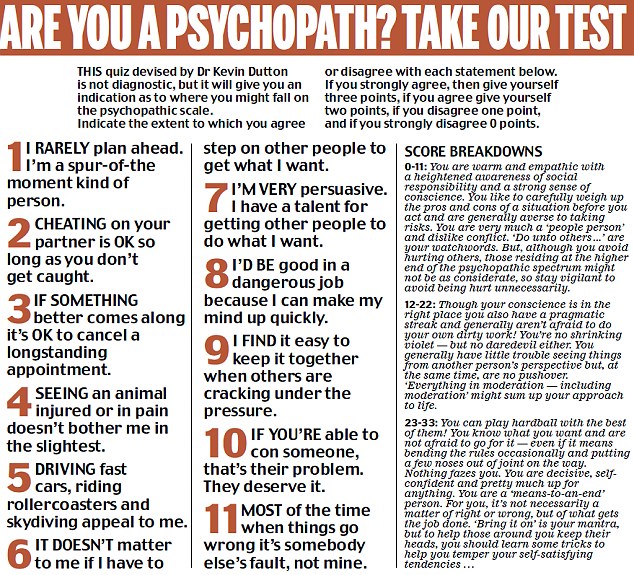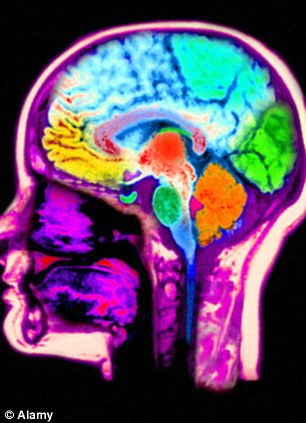There's only one way to be sure.....go and live with a cold person for many years and see if it works for you
Until you have done that you are just speculating
You have an idea in your head.....now go and see if the reality matches the idea
I lived with them. My grand-parents are ESTJ (she) and ISTP (him). I was raised up by them a period of time. Plus I have two ESTP brothers, one ESTJ friend, another INTJ friend...liveable people all of them.
I don't see at all where lies the problem...
I think the highest good between people is peace, the virtue and value of peace. If I can not live with a "cold" person for whatever reasons that might be...what kind of person would I be, if I can't even make peace and live harmoniously with someone?
Cold or not cold, people are people. Introverts or extroverts, beautiful or ugly...it doesn't matter.
I have to say...even reading history, before all the crap that psychology sells to people and lies, common wisdom and tradition would solve all the contradictions and missundertandings between people.
"There is Alyah, he is a bit shy and timid, but he has good qualities, like generosity and humility, and also he is self-controlled. And that is Gerard, which is more sharp and quick to anger, but he is very efficient at work, and althought stuborn, inside him there is a true heart..."
You know, this sort of stuffs...people knew qualities and defects between eachother, and they helped between them. Peace was the highest good. There was mo such thing that a person could not get along with another, that was just bad. These were exceptions, not the rule.
And there would be another thing, man...honestly, many people have problems and insecurities, they self-pity themselfs, and continously remember bad experiences, instead of concentrating on the good ones and be thankful. Just completly in themselfs, all their pitiful lives. They complain and complain, about everything. Never something makes them really thankful.
That's why they don't ever get on with their lives...just something I have observed and I try to run from.




